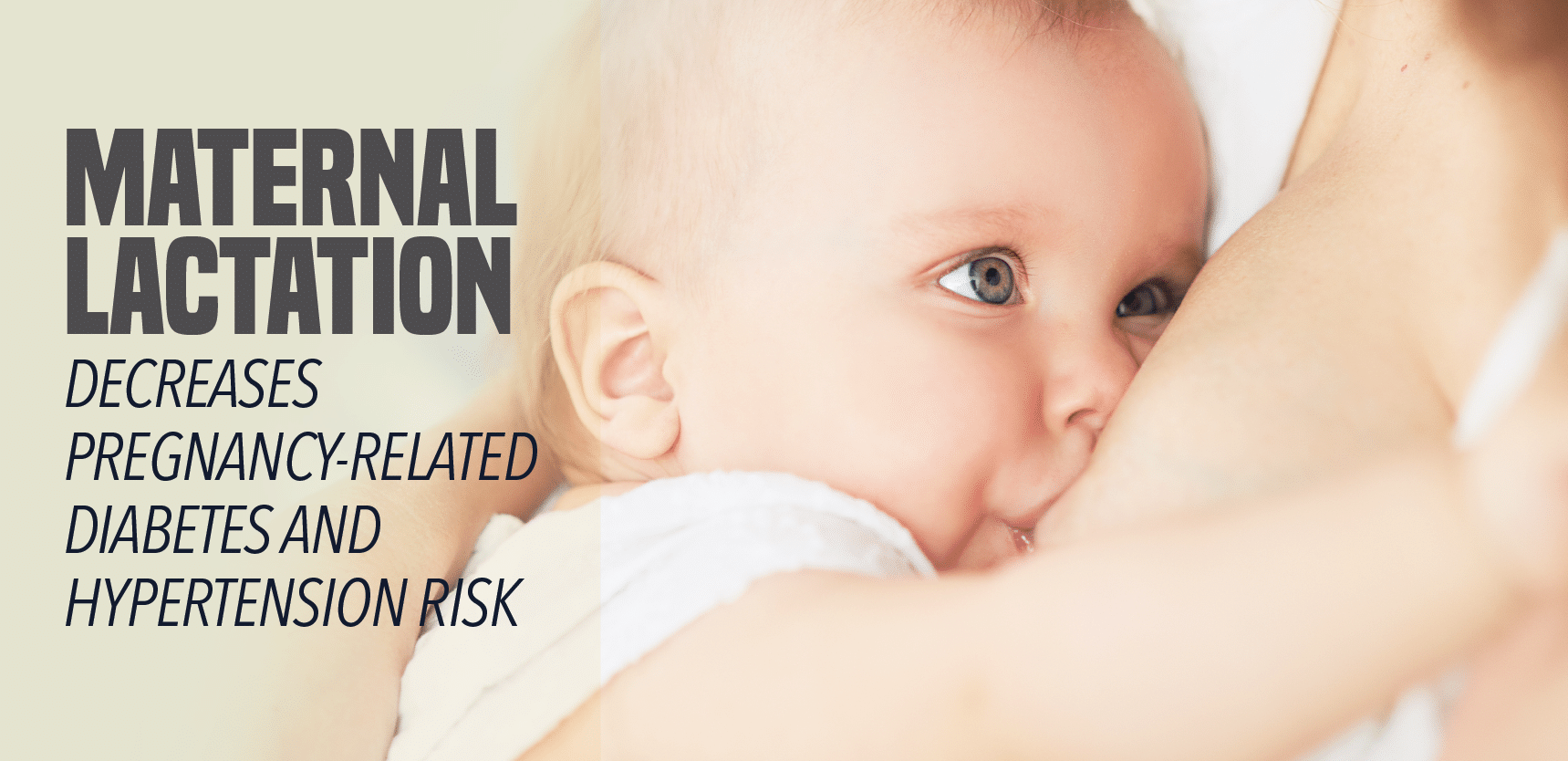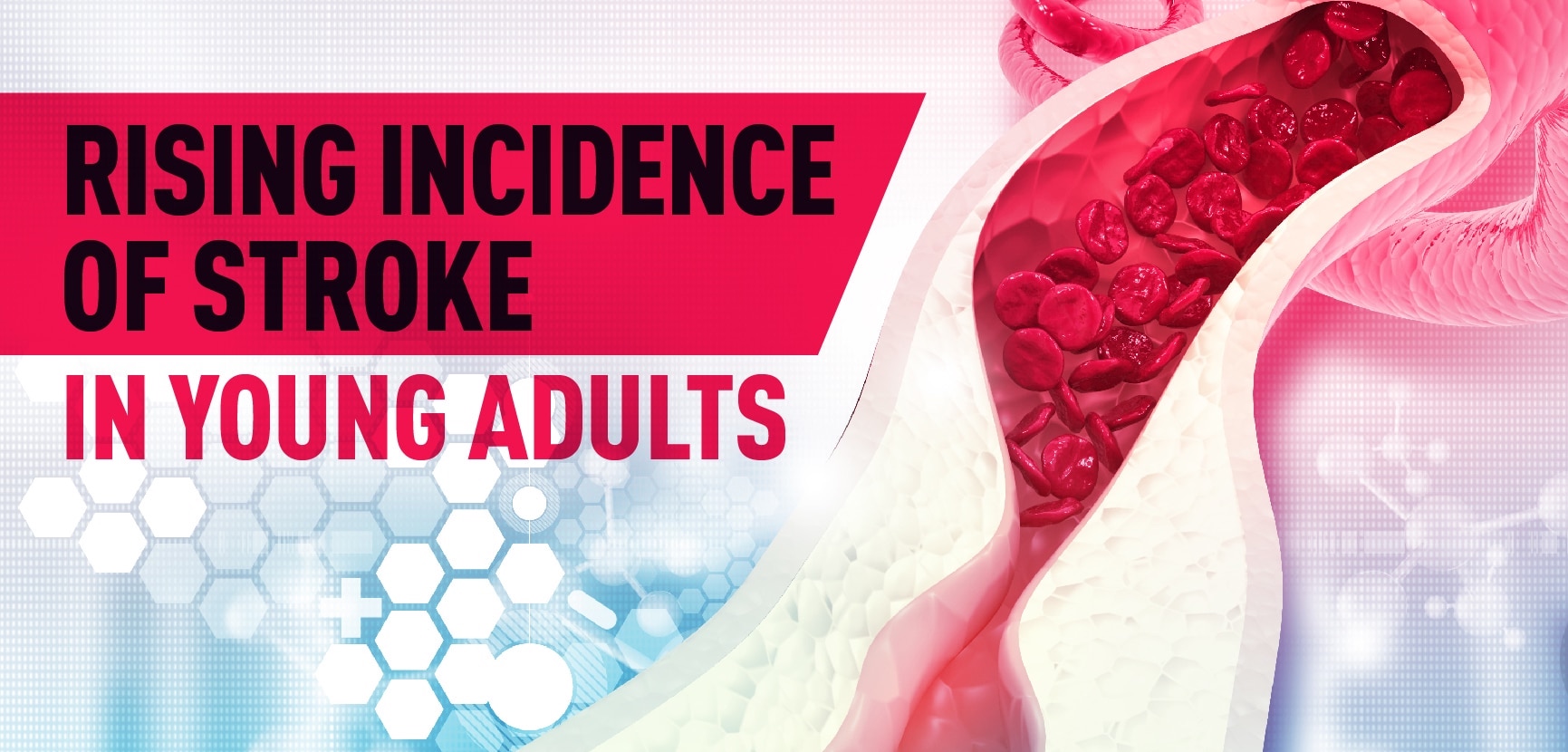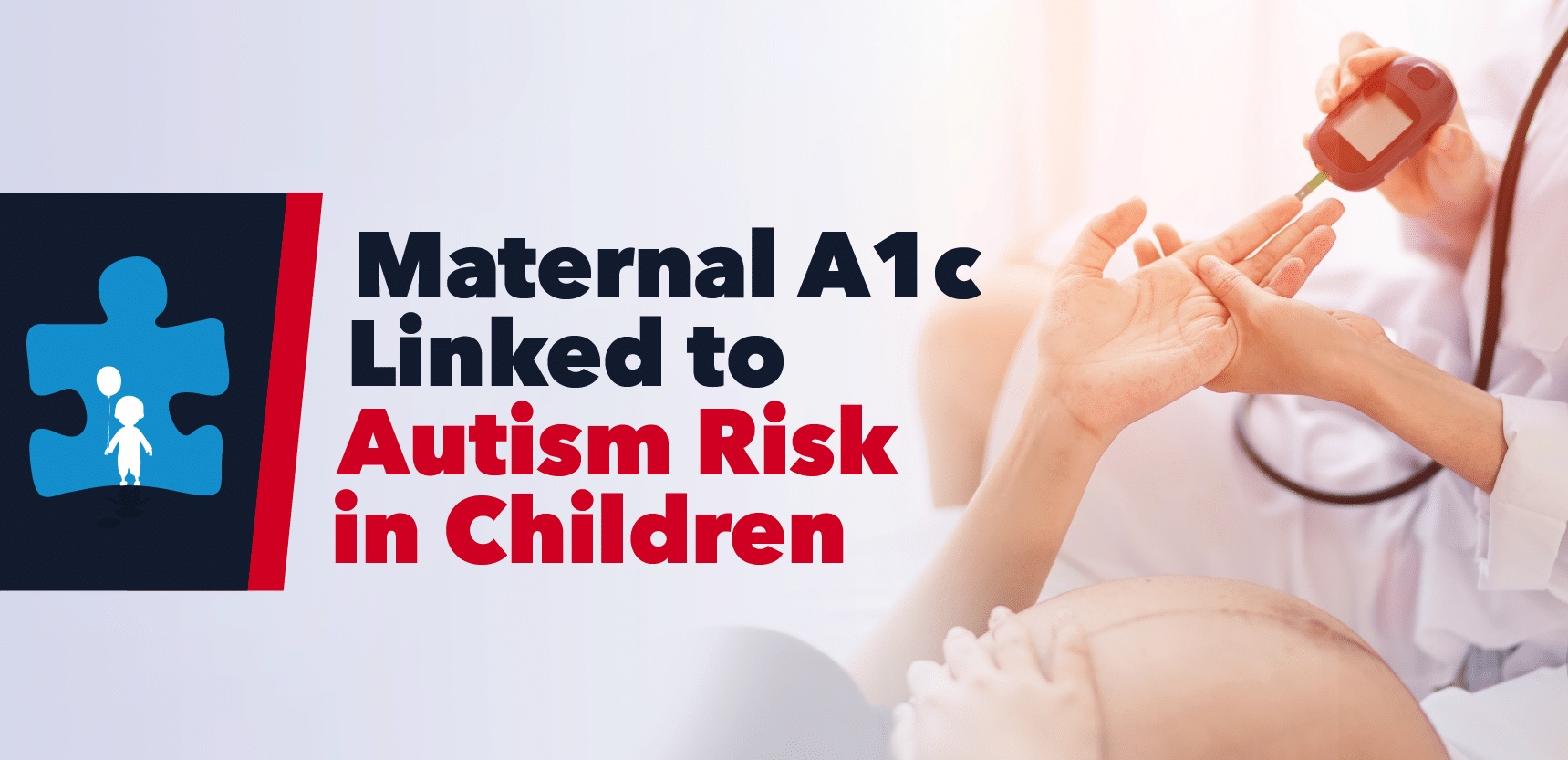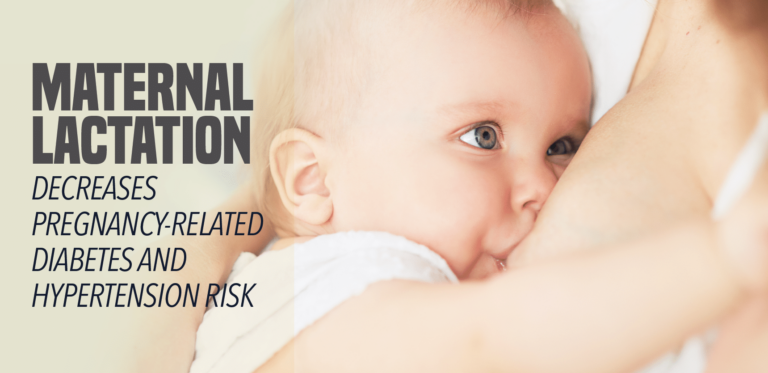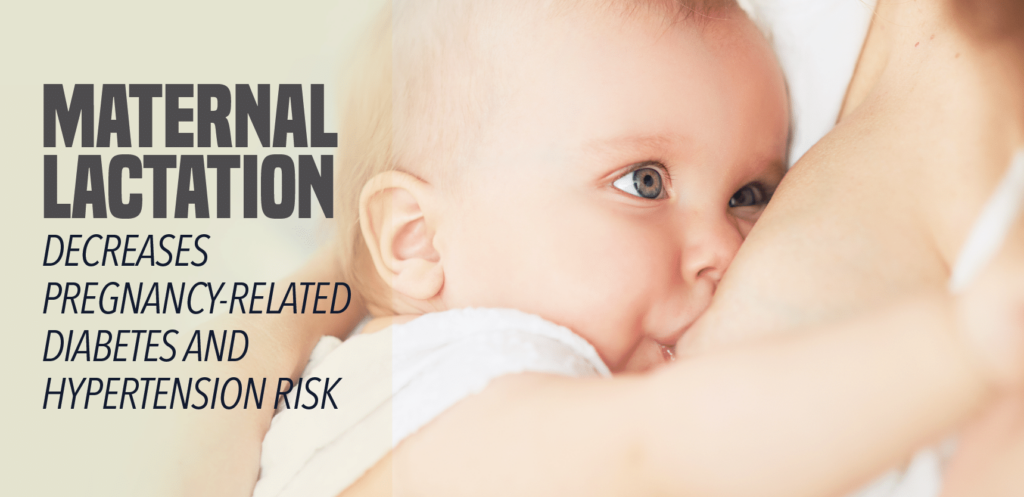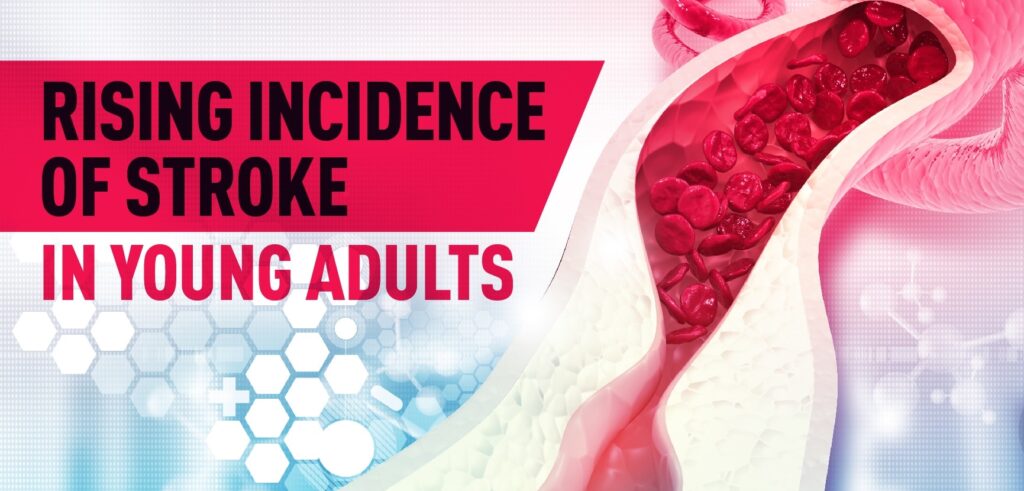Black children have been disproportionately affected by parental deaths due to COVID-19, according to a newly published study.
Researchers reported in JAMA Pediatrics that Black children make up 14% of the pediatric population in the United States, but 20% of all children who have lost a parent to COVID-19.
Overall, between 37,300 and 43,000 children aged 0 to 17 years in the U.S. had lost at least one parent because to the disease as of February, Rachel Kidman, PhD, associate professor of family, population and preventive medicine at Stony Brook University, and colleagues reported.
For their study, Kidman and colleagues estimated deaths from COVID-19 that left at least one child bereaved using “prior research generating bereavement multipliers, which applies results from kinship networks for non-Hispanic white and non-Hispanic Black residents of the United States.” The estimates were produced “using demographic microsimulations, using the most widely used program for such purposes, SocSim.”
The model suggested that each COVID-19 death leaves 0.078 children parentally bereaved. As of February, the model estimated that 37,300 children had lost at least one parent because of COVID-19. Of this total, around 75% were adolescents, 20,600 were white and 7,600 were Black.
Using excess deaths, the authors estimated 43,000 children have lost a parent.
“For comparison, the attacks on Sept. 11, 2001, left 3,000 children without a parent,” the authors wrote.
“The establishment of a national child bereavement cohort could identify children who have lost parents, monitor them for early identification of emerging challenges, link them to locally delivered care, and form the basis for a longitudinal study of the long-term effects of mass parental bereavement during a uniquely challenging time of social isolation and economic uncertainty,” the authors wrote.
The death of a parent is always a shattering event in the life of a child, adolescent or young adult. As a general pediatrician, these events are luckily infrequent. Of course, these are not typical times. Attention to parental death is appropriate and especially just. As we have learned from this pandemic, one recurring lesson is the frailty of our community. The needs of our patients have never been properly met — their developmental mental health has never been a high priority, let alone their physical and educational needs.
The current research publication gives a welcome degree of an epidemiologic slant to the obvious — we are seeing and will continue to see, in all of our communities, parental death in numbers never previously seen or imagined. The affected individual child will need evaluation, care and heightened provider anticipatory awareness. The authors’ call for a longitudinal national child bereavement cohort is wise.
It is equally clear that some communities are affected to a greater extent than others. It is also likely that in some of these communities, the layers of bereavement are even greater as families have entered this pandemic with less robust individual, social and economic resources and means. Limiting impactfulness of parental death likely greatly underestimates the loss of grandparents, aunts and uncles who, in many cases, have provided full or partial child care and support.
Our communities need to be supported in an ongoing multiyear effort to address the overall well-being of the community’s children. Mental health, education and parenting needs will not be “back to normal” by the fall semester.


